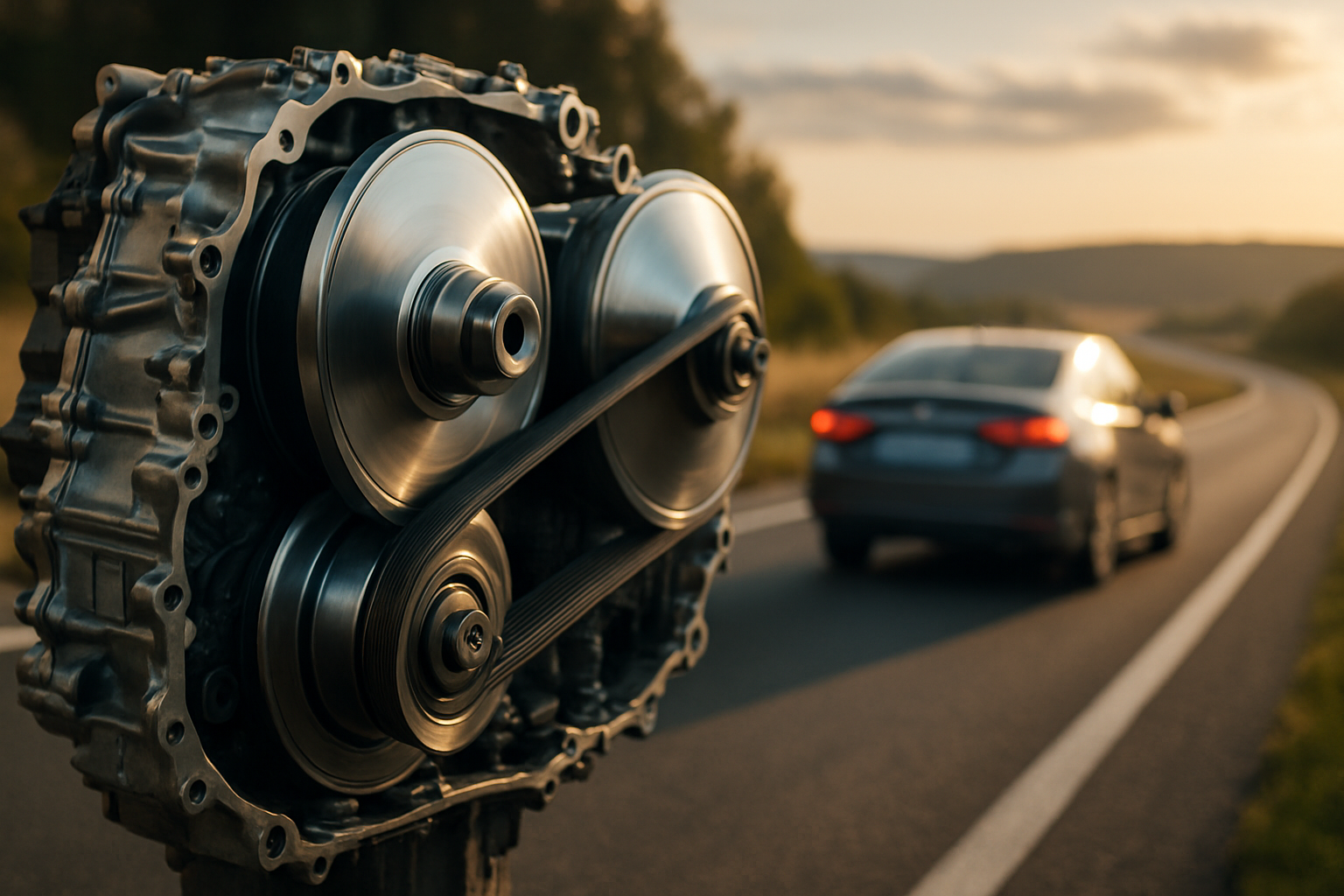Police Impound Cars for Sale: A Comprehensive Guide
Police impound car auctions present an opportunity for buyers to purchase vehicles at potentially lower prices than traditional dealerships. These auctions typically feature cars that have been seized, abandoned, or used in criminal investigations. Understanding the process, benefits, and potential challenges can help buyers make informed decisions when exploring this alternative vehicle purchasing option.

What Are Police Impound Cars for Sale?
Police impound cars for sale are vehicles that law enforcement agencies have seized or impounded for various reasons. These may include cars abandoned on public property, vehicles used in crimes, automobiles with outstanding parking violations, or cars seized during drug investigations. After a specified holding period, typically 30 to 90 days depending on local regulations, these vehicles become available for public auction if they remain unclaimed by their owners.
The condition of these vehicles varies significantly. Some may be well-maintained cars that were simply abandoned, while others might require substantial repairs. Police departments generally sell these vehicles “as is,” meaning buyers assume responsibility for any mechanical issues or necessary repairs after purchase.
How to Find Impounded Cars for Sale?
Finding impounded cars for sale requires research and patience. Most police departments and sheriff’s offices maintain websites with auction schedules and vehicle listings. Many agencies partner with professional auction companies that specialize in government surplus sales. Popular auction platforms include GovDeals, PublicSurplus, and local auction houses that handle municipal vehicle sales.
Buyers should regularly check multiple sources, as auction schedules can change and vehicle availability fluctuates. Some agencies hold monthly auctions, while others may conduct sales quarterly or when they accumulate sufficient inventory. Registration for these auctions typically requires providing identification and sometimes a refundable deposit.
Online auction platforms have made it easier to participate in these sales, allowing bidders to view vehicle information, photos, and auction details remotely. However, in-person inspection opportunities, when available, provide valuable insights into vehicle condition that photos cannot convey.
Benefits of Purchasing Impounded Cars
Purchasing impounded cars offers several potential advantages for buyers. The primary benefit is often lower purchase prices compared to traditional dealerships or private sellers. Since police departments aim to recover storage costs rather than maximize profits, winning bids frequently fall below market value for similar vehicles.
The variety of available vehicles can be impressive, ranging from economy cars to luxury vehicles, motorcycles, and even commercial trucks. This diversity stems from the various circumstances that lead to vehicle impoundment, creating opportunities for buyers with different needs and budgets.
Another advantage is the straightforward purchasing process. Unlike dealership negotiations, auction bidding follows clear rules with transparent pricing. Successful bidders know exactly what they pay without hidden fees, though buyers should factor in auction house commissions and registration costs.
The legal status of these vehicles is typically clear, as law enforcement agencies ensure proper documentation before offering cars for sale. This reduces concerns about purchasing stolen vehicles or dealing with title issues that sometimes arise in private sales.
| Auction Type | Average Price Range | Typical Fees | Vehicle Condition |
|---|---|---|---|
| Municipal Police Auctions | $500 - $8,000 | 10-15% buyer’s premium | Varies widely |
| Sheriff’s Department Sales | $300 - $12,000 | $25-100 registration fee | As-is condition |
| Online Government Auctions | $200 - $15,000 | 7.5-10% buyer’s premium | Detailed descriptions provided |
Prices, rates, or cost estimates mentioned in this article are based on the latest available information but may change over time. Independent research is advised before making financial decisions.
Important Considerations and Potential Drawbacks
While police impound car auctions offer opportunities, buyers should understand potential challenges. Vehicle history information may be limited, making it difficult to assess previous maintenance, accidents, or mechanical issues. Unlike certified pre-owned vehicles, these cars come without warranties or guarantees.
Inspection opportunities are often limited or nonexistent, particularly for online auctions. Buyers might only access basic information such as year, make, model, mileage, and a few photographs. This lack of detailed inspection can lead to unexpected repair costs after purchase.
Payment terms are typically strict, requiring full payment within a specified timeframe, often 24 to 72 hours after winning a bid. This requirement means buyers must have financing arranged in advance or sufficient cash available immediately.
Transportation arrangements are the buyer’s responsibility. Winning bidders must remove vehicles from auction locations within specified timeframes, which may require hiring towing services if the vehicle is not operational.
Understanding the auction process, researching vehicle values beforehand, and setting realistic budgets can help buyers navigate these challenges successfully. Additionally, factoring potential repair costs into bidding strategies prevents overpaying for vehicles that may require significant mechanical work.
Police impound car auctions can provide value for informed buyers who understand the risks and benefits involved. Success requires patience, research, and realistic expectations about vehicle condition and the purchasing process. While not suitable for every buyer, these auctions offer an alternative path to vehicle ownership that can result in significant savings for those willing to invest time in the process.




